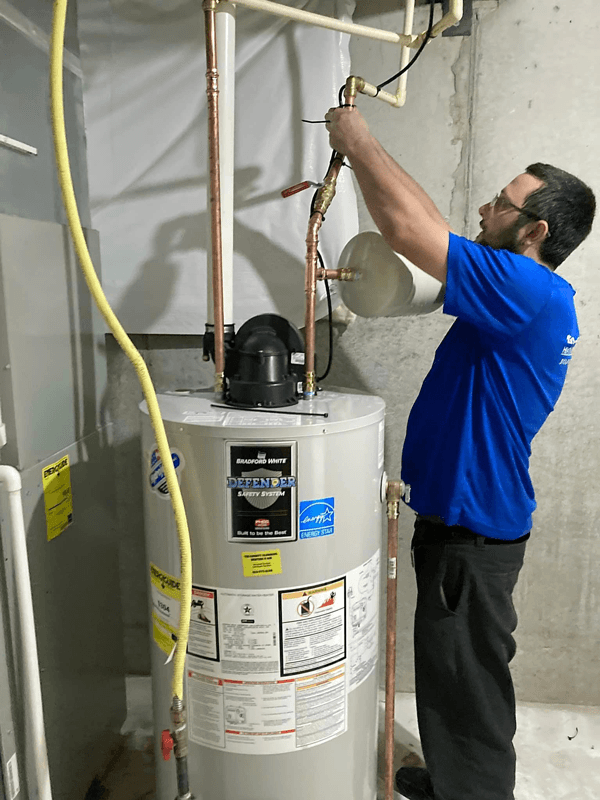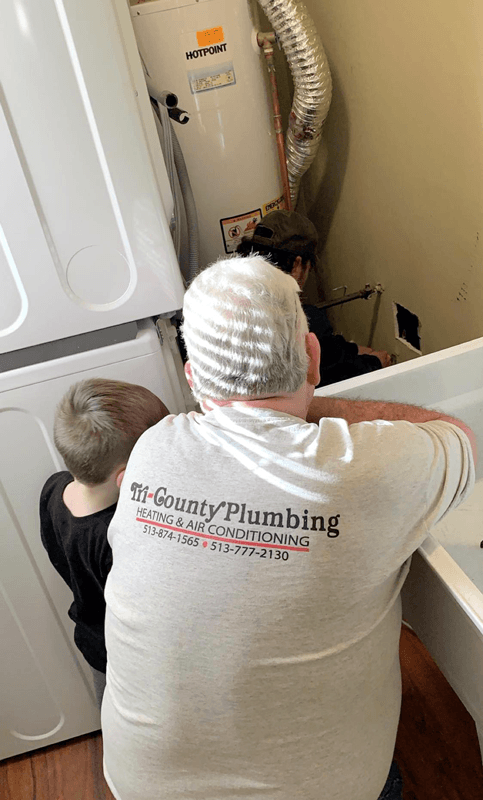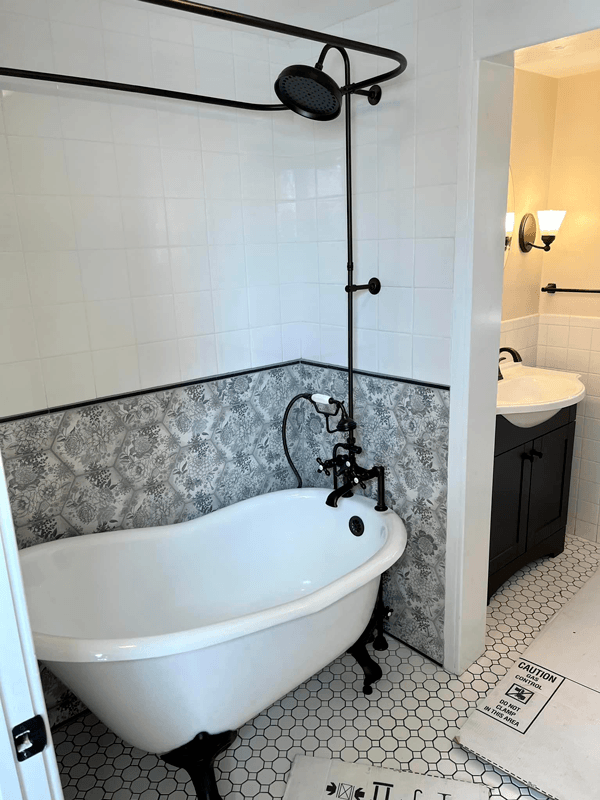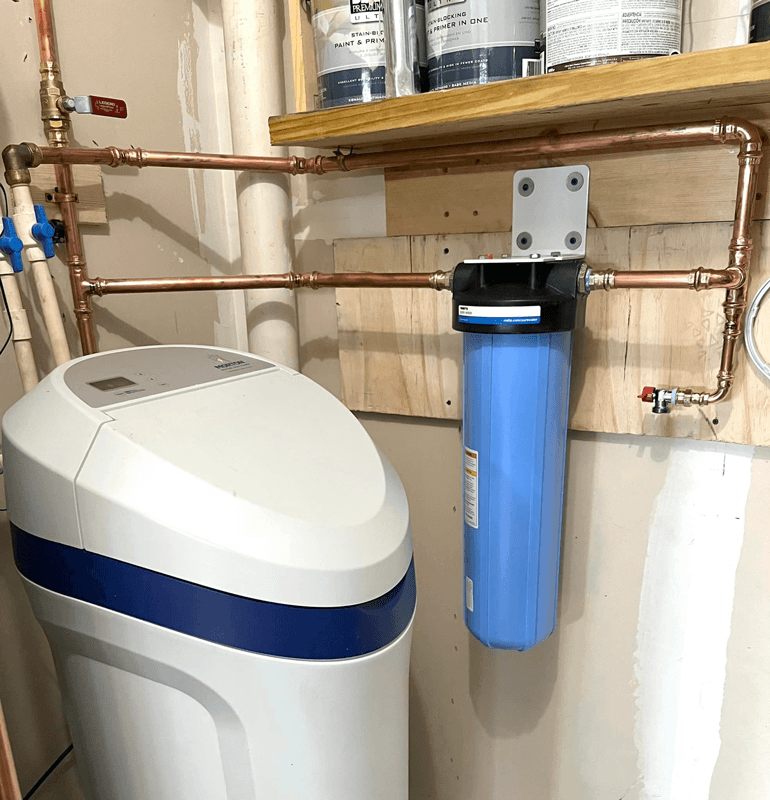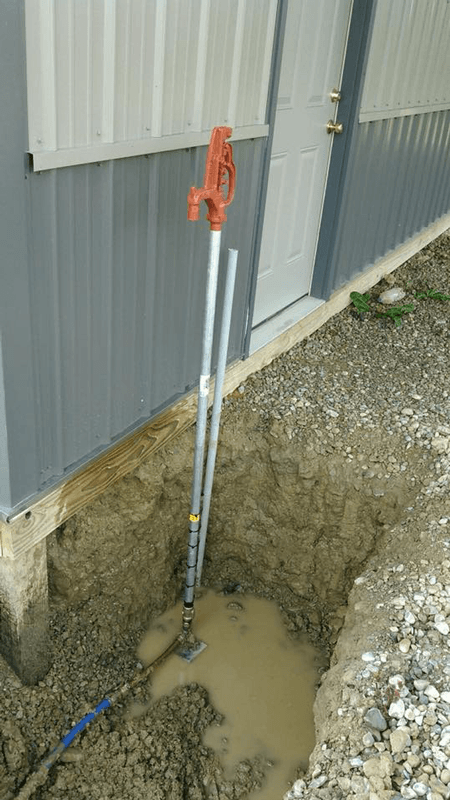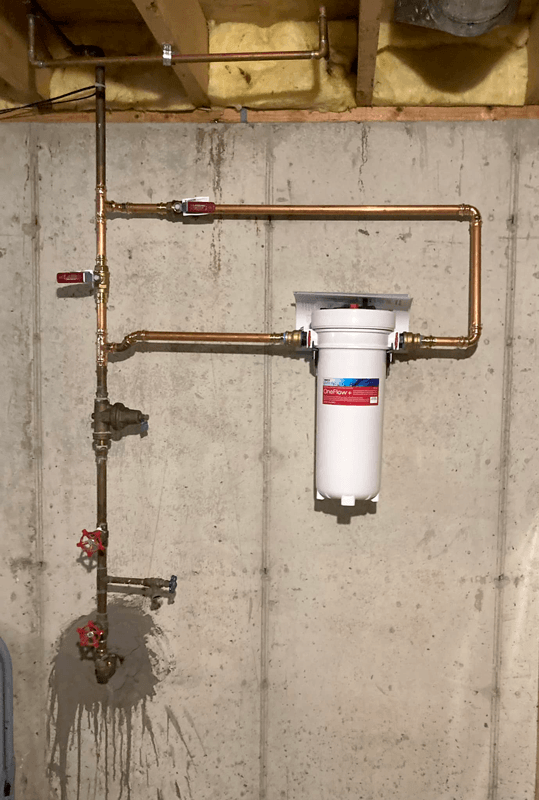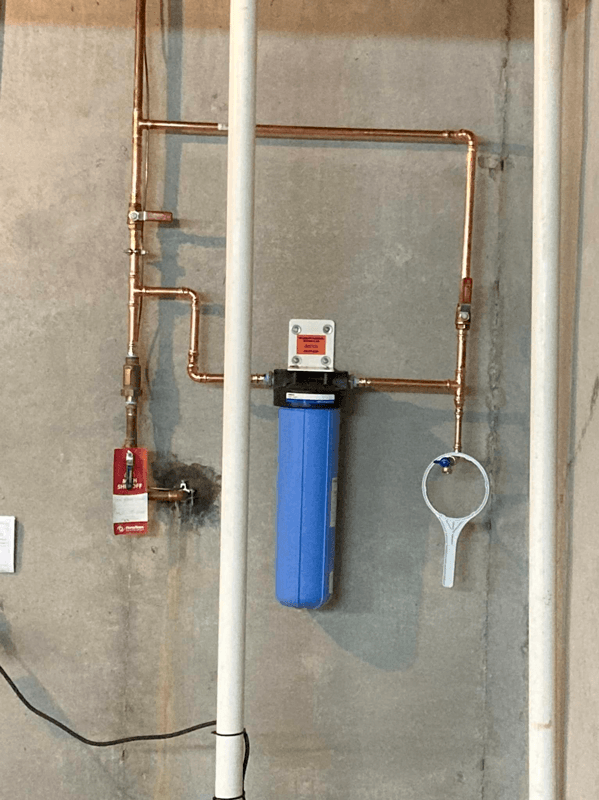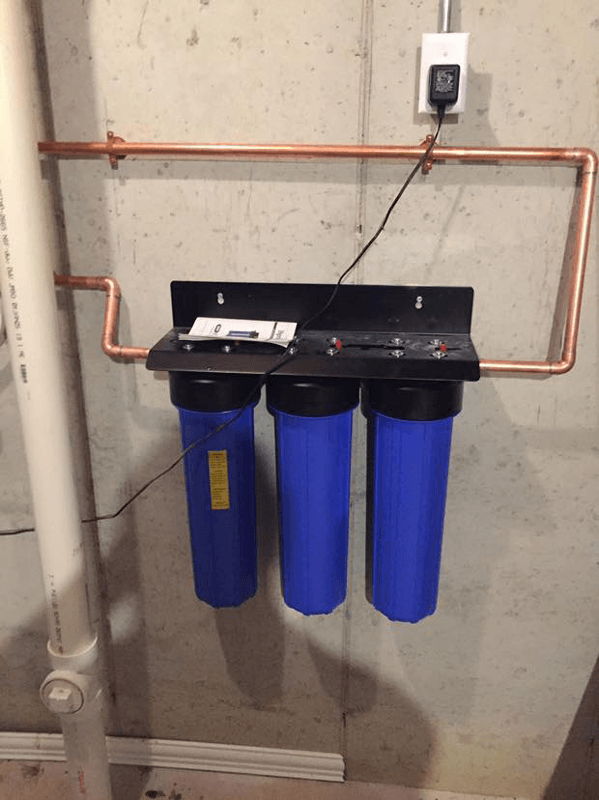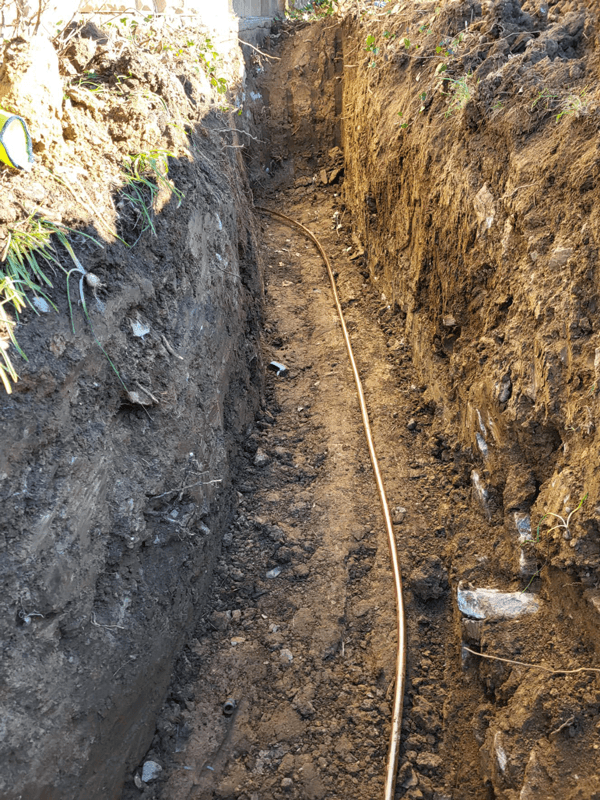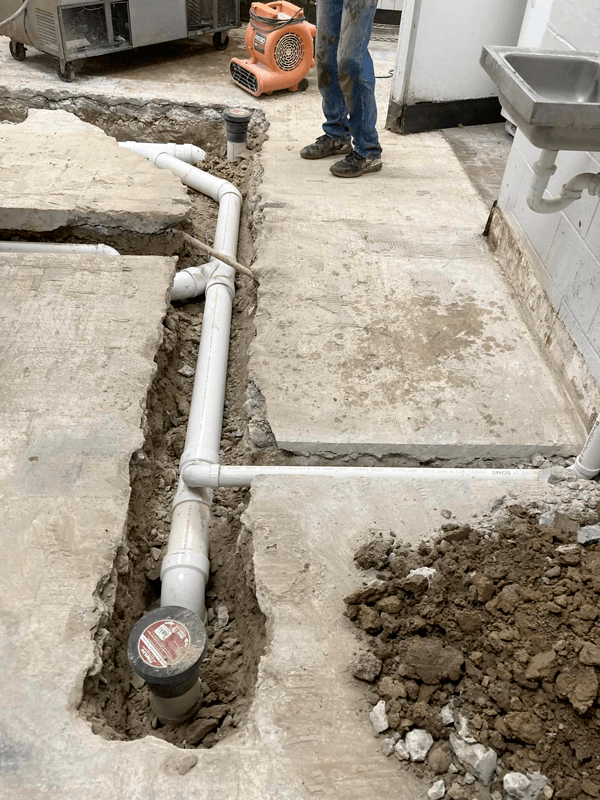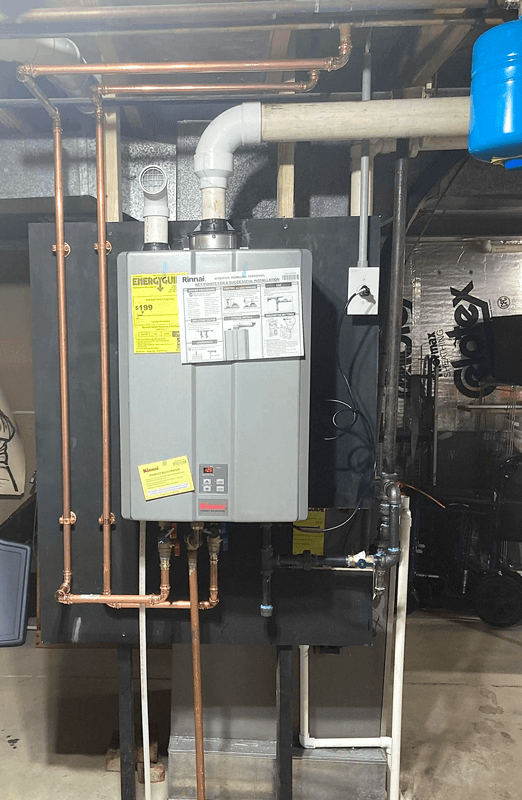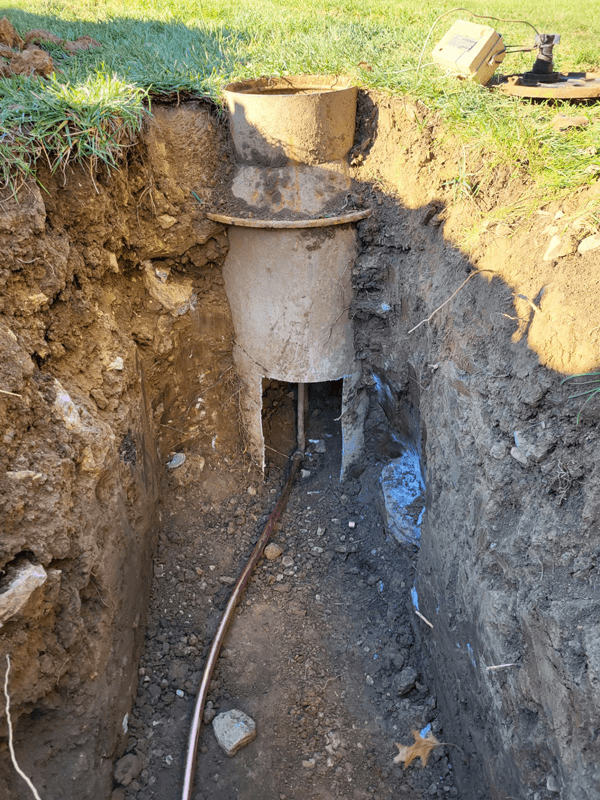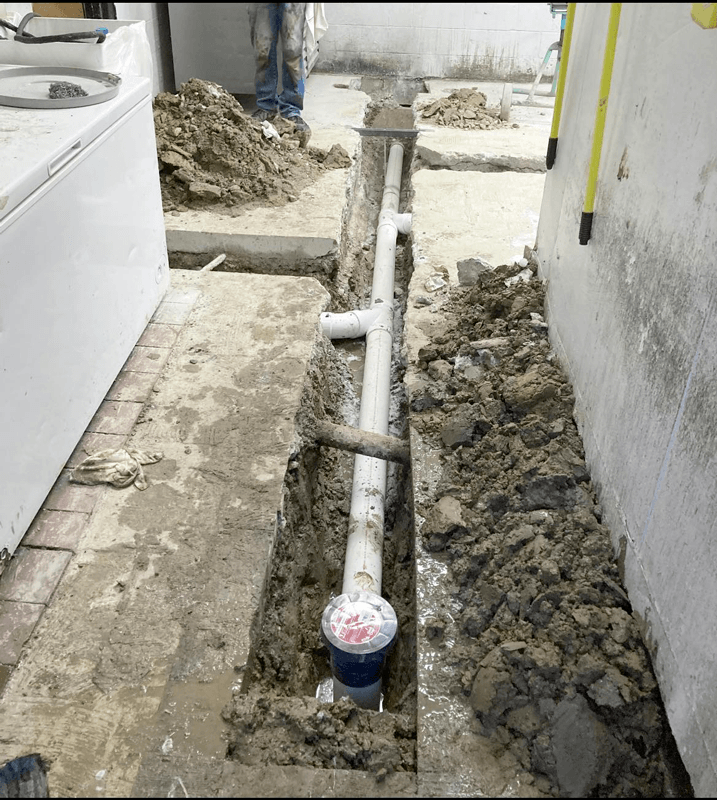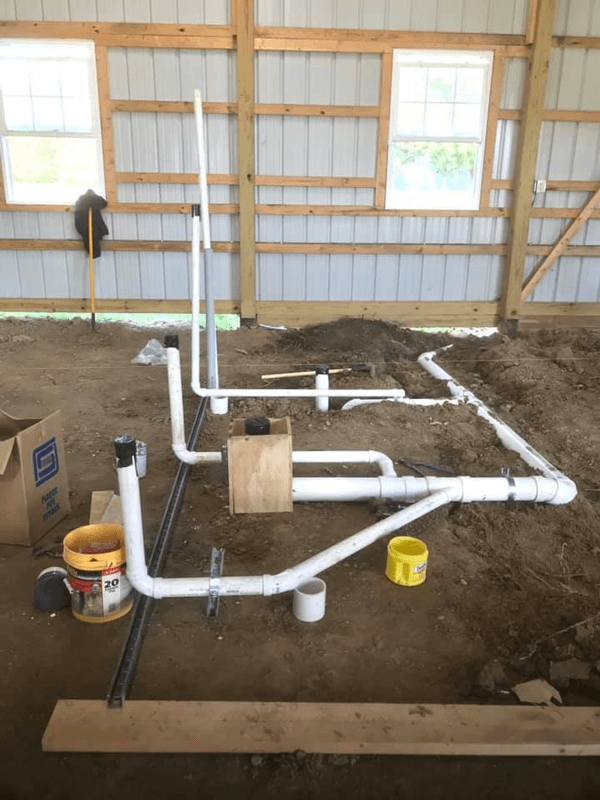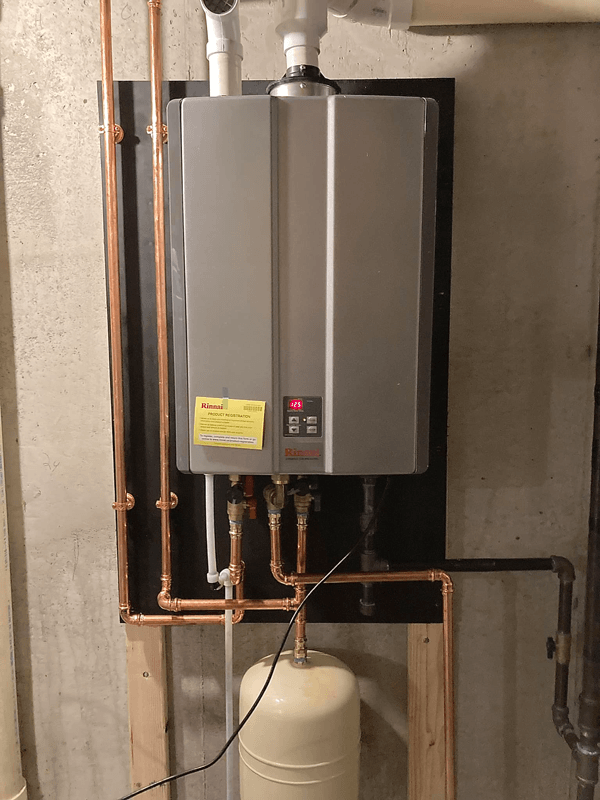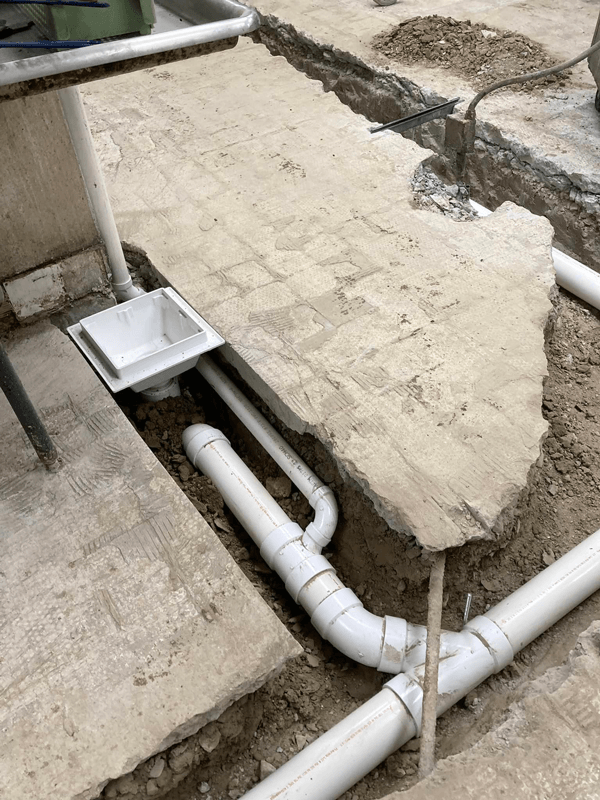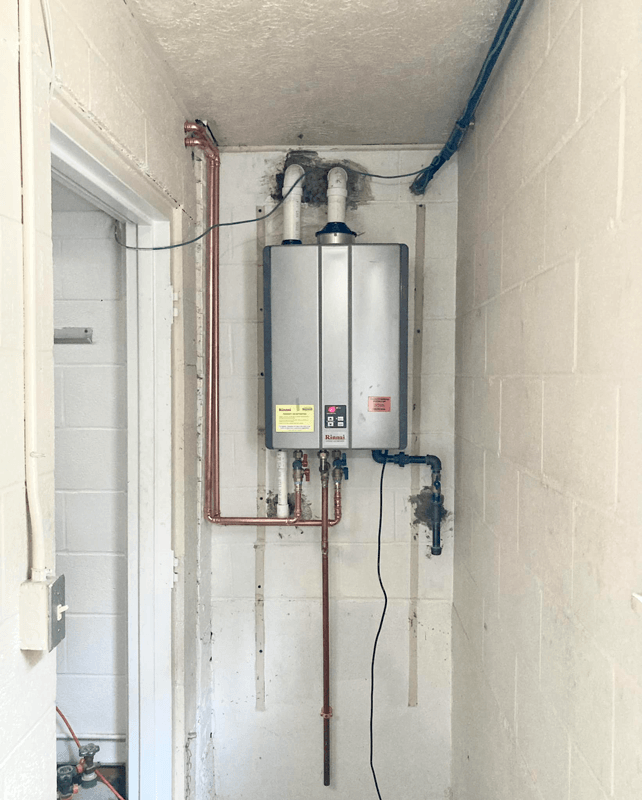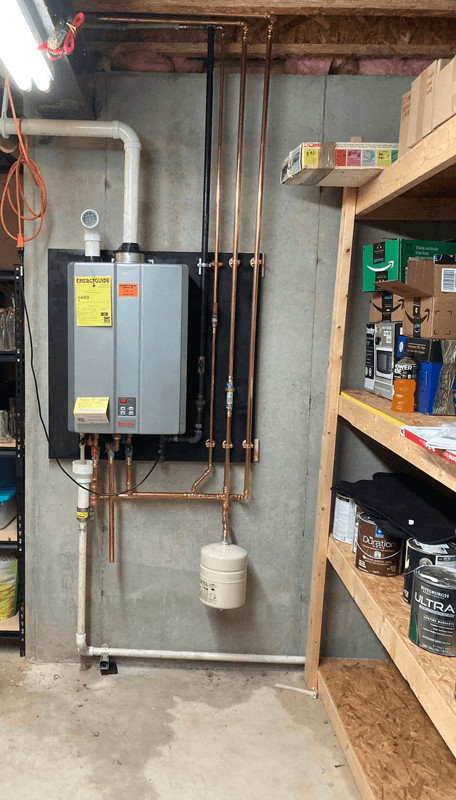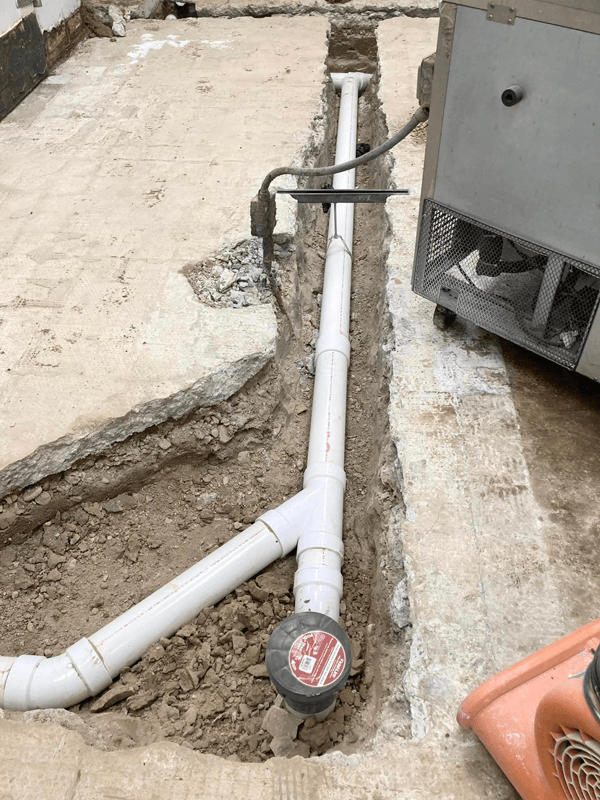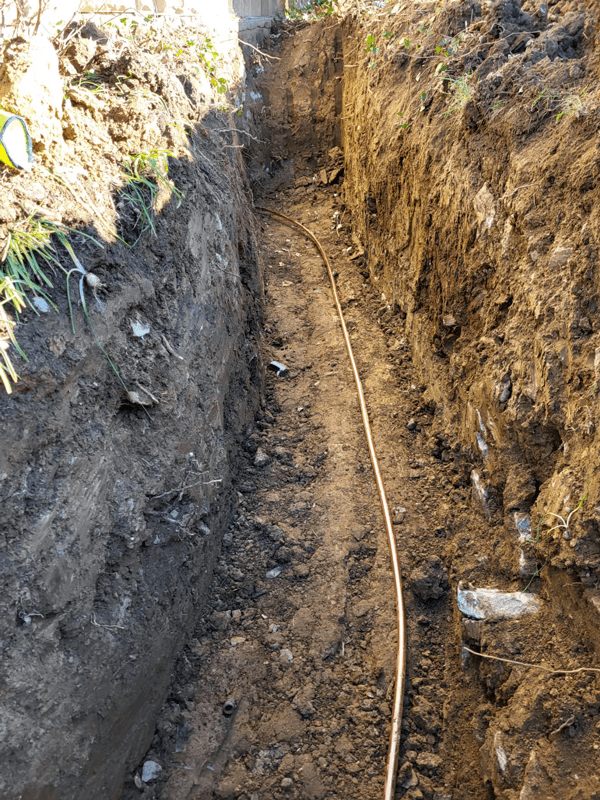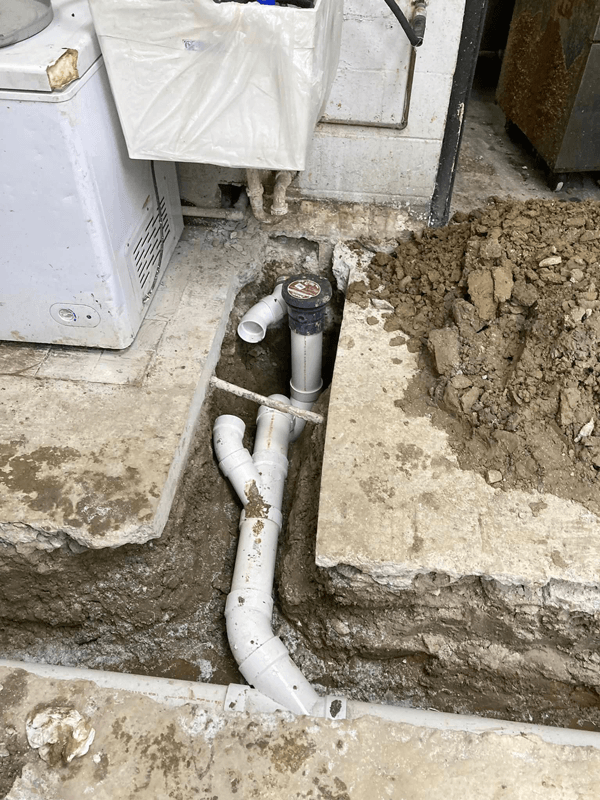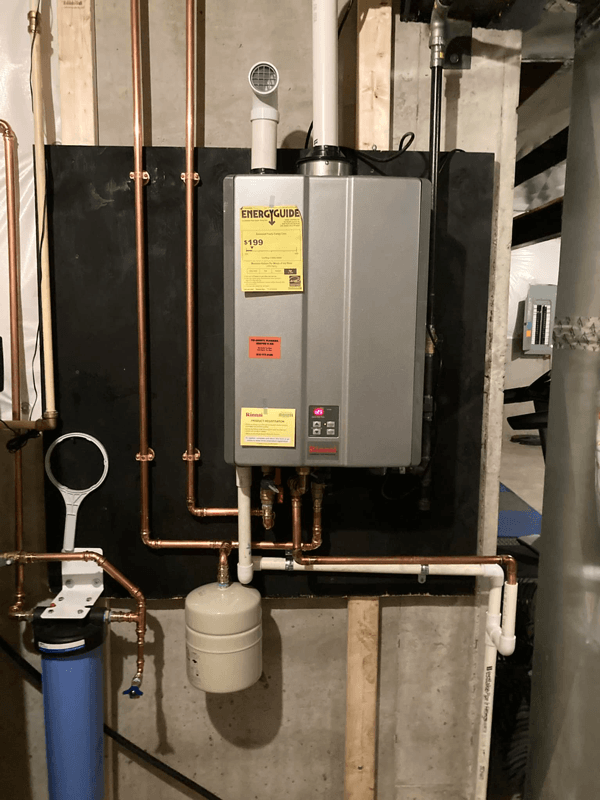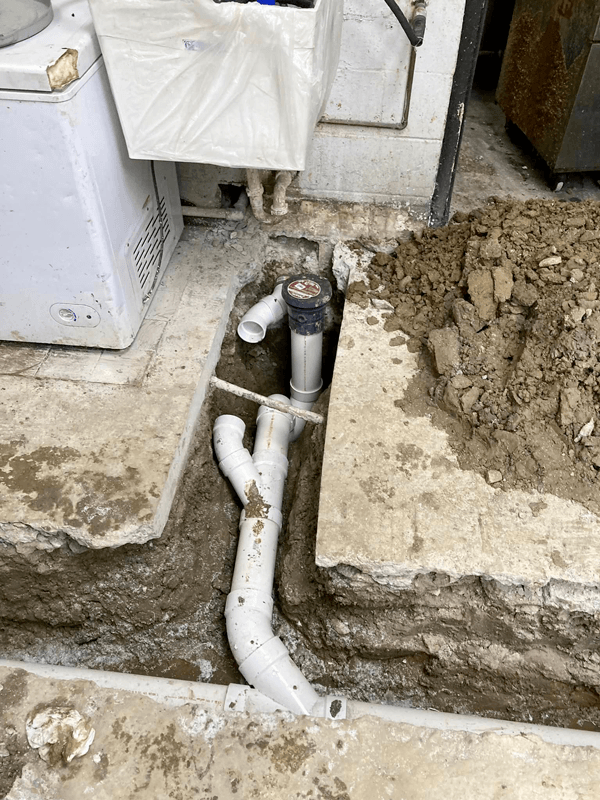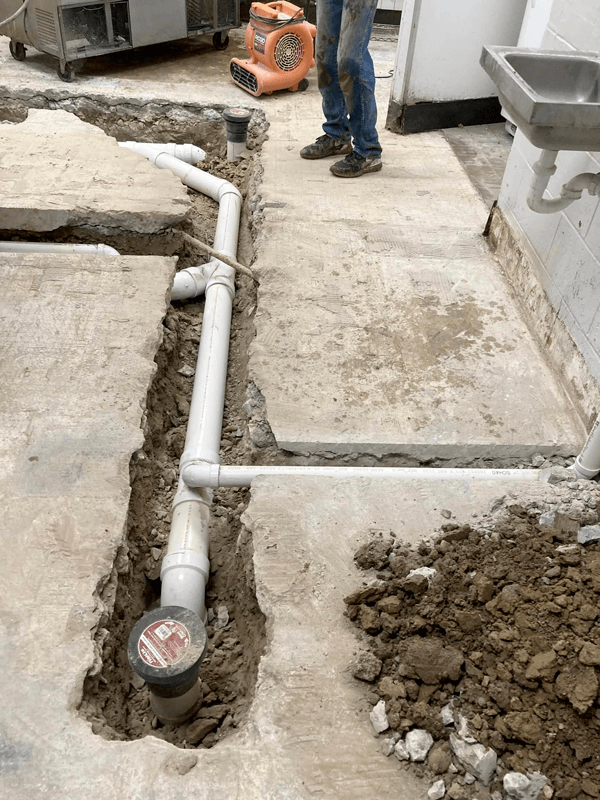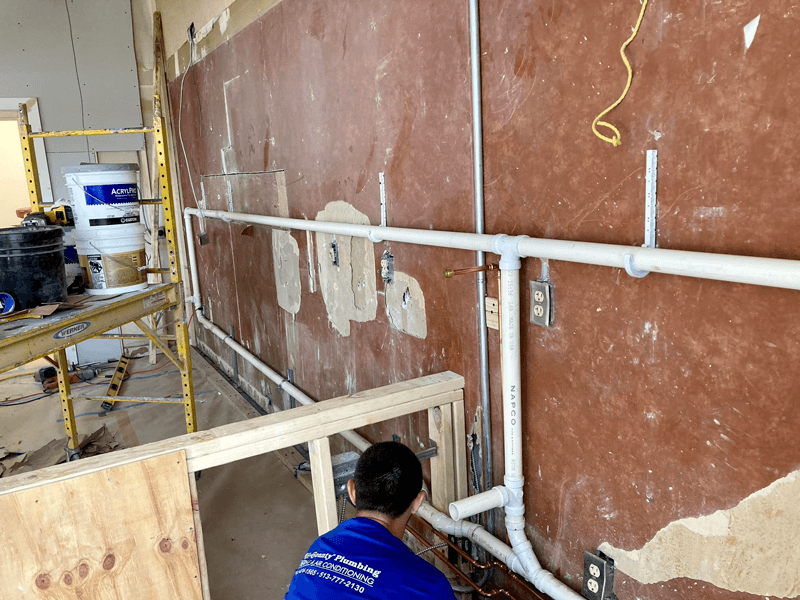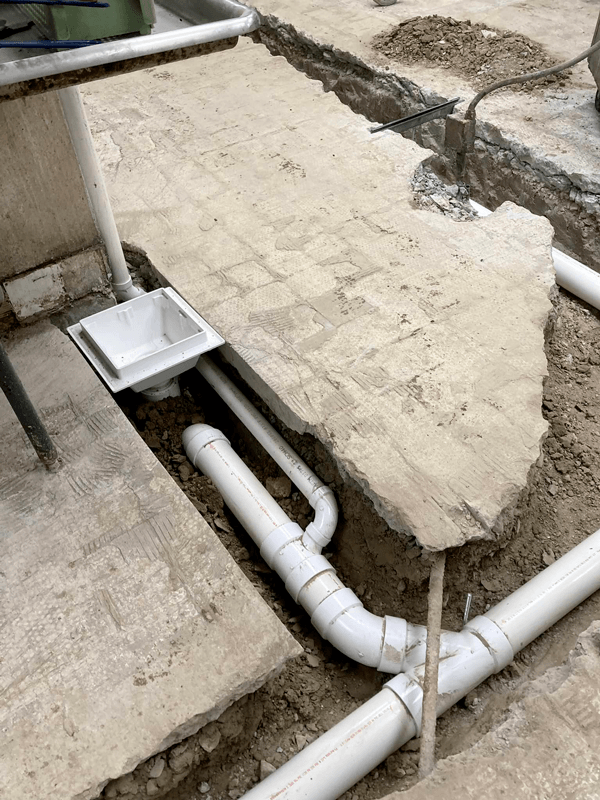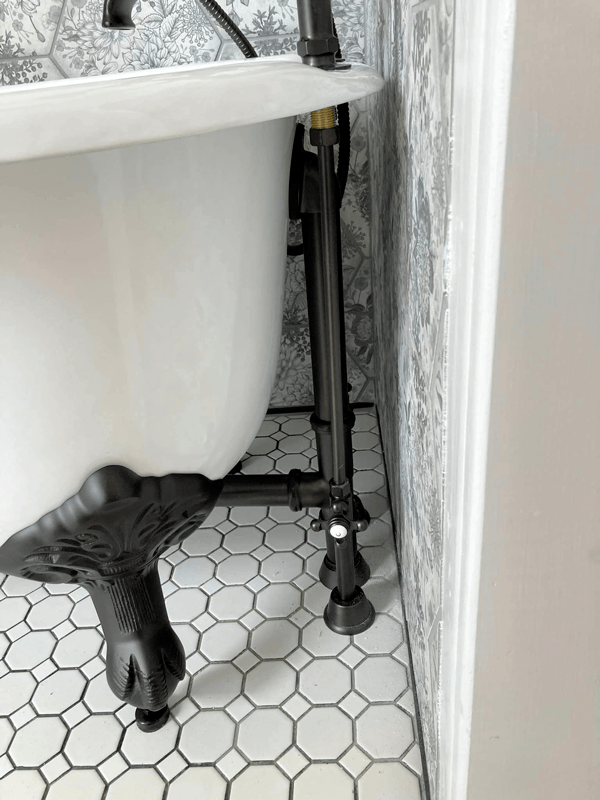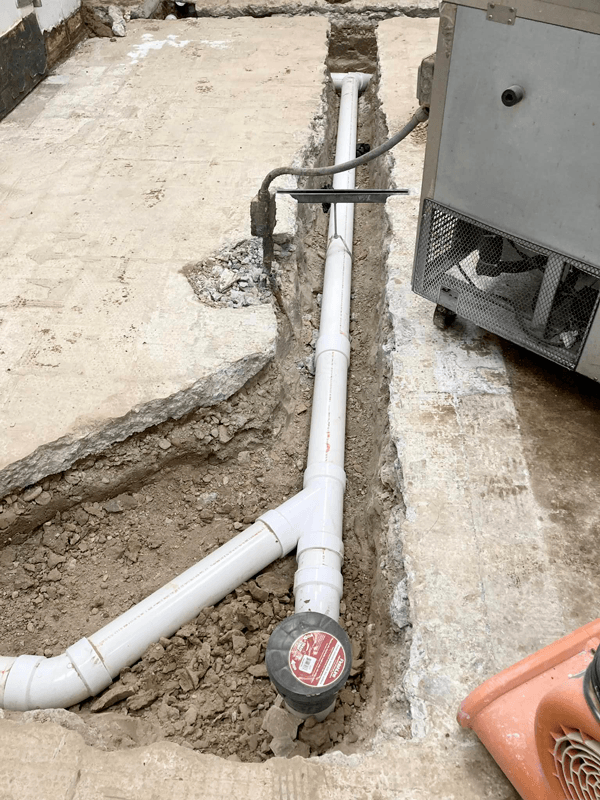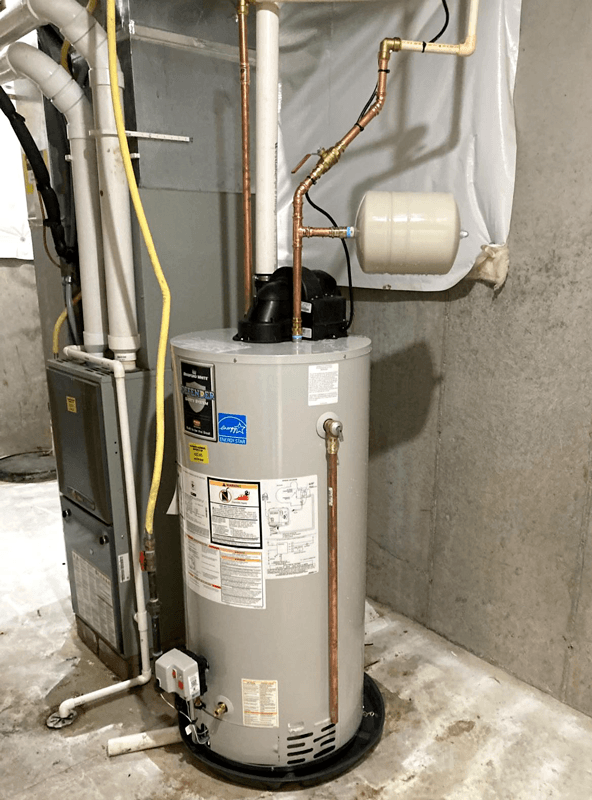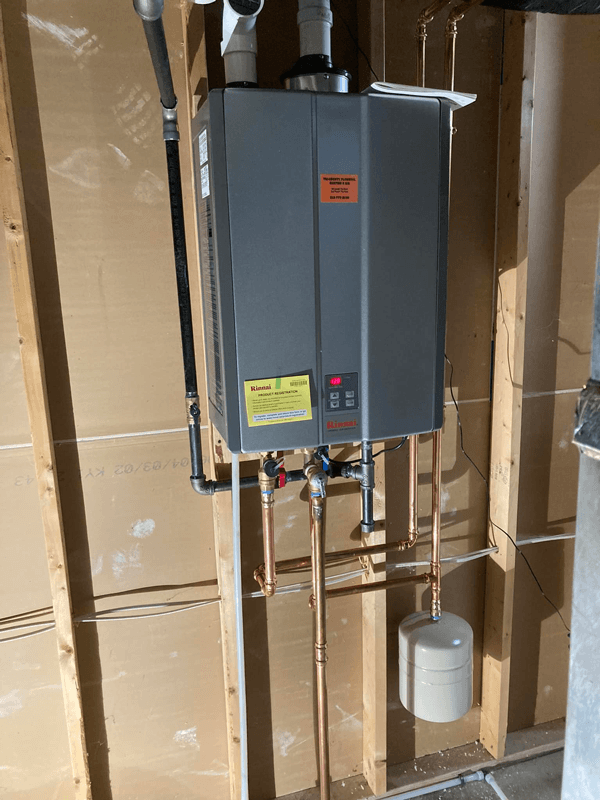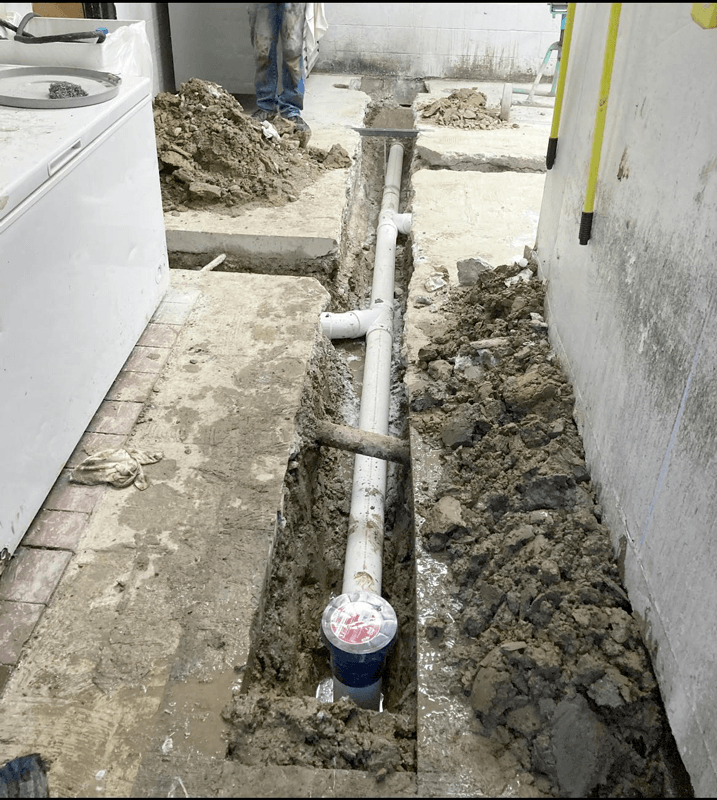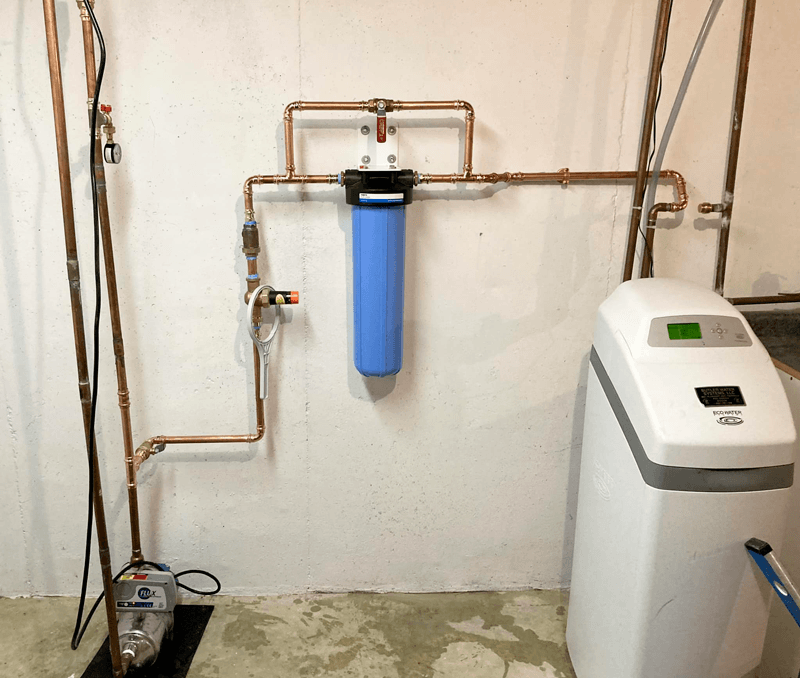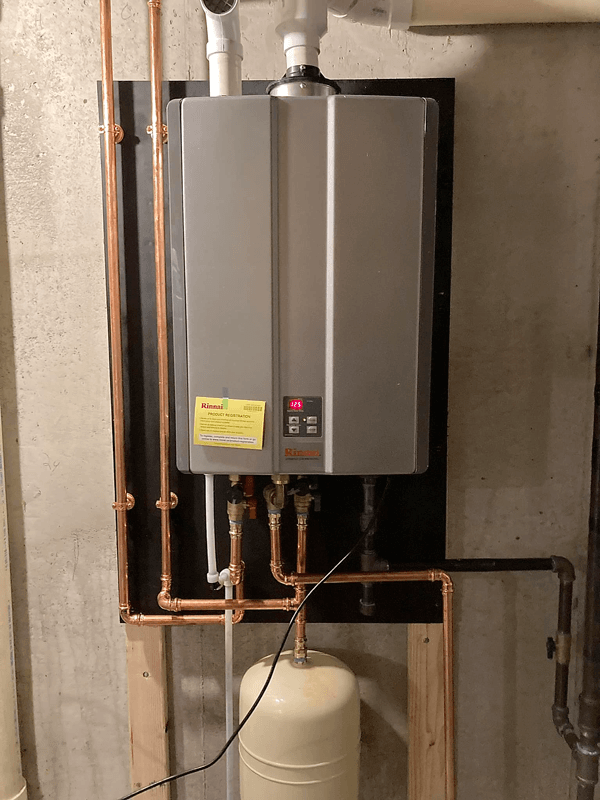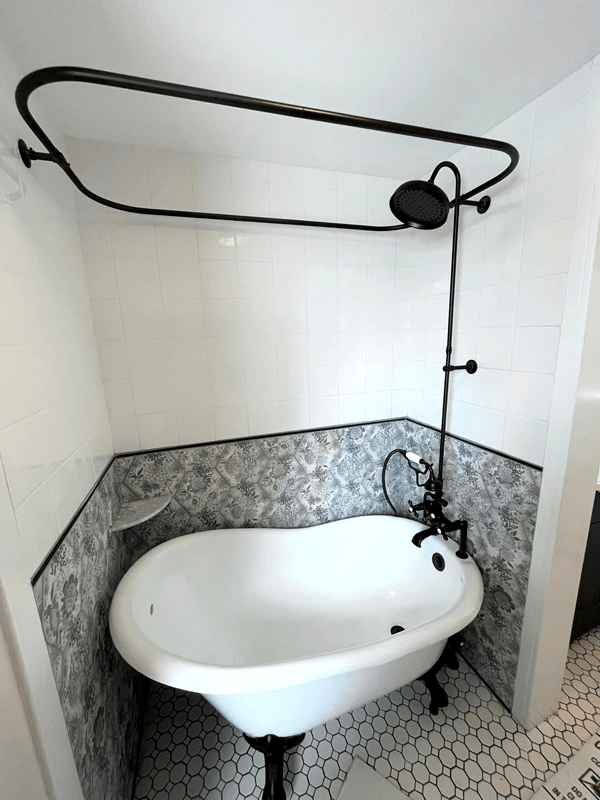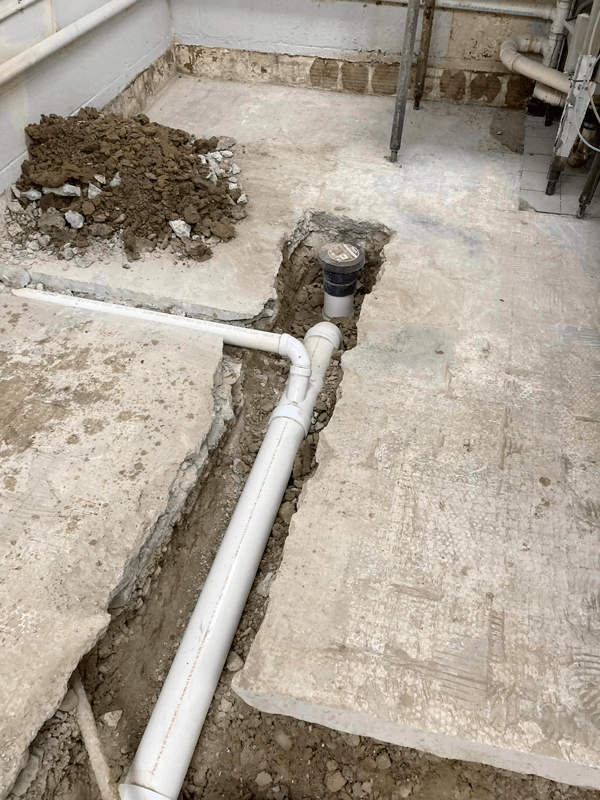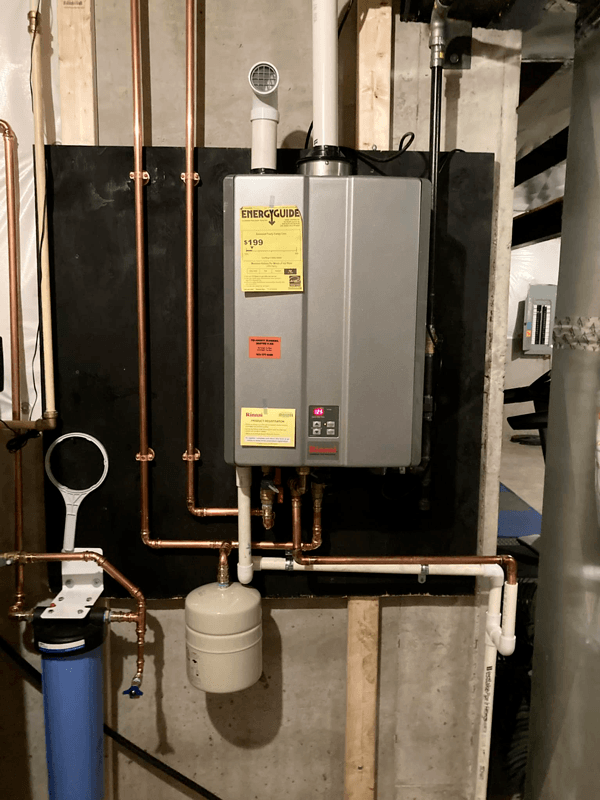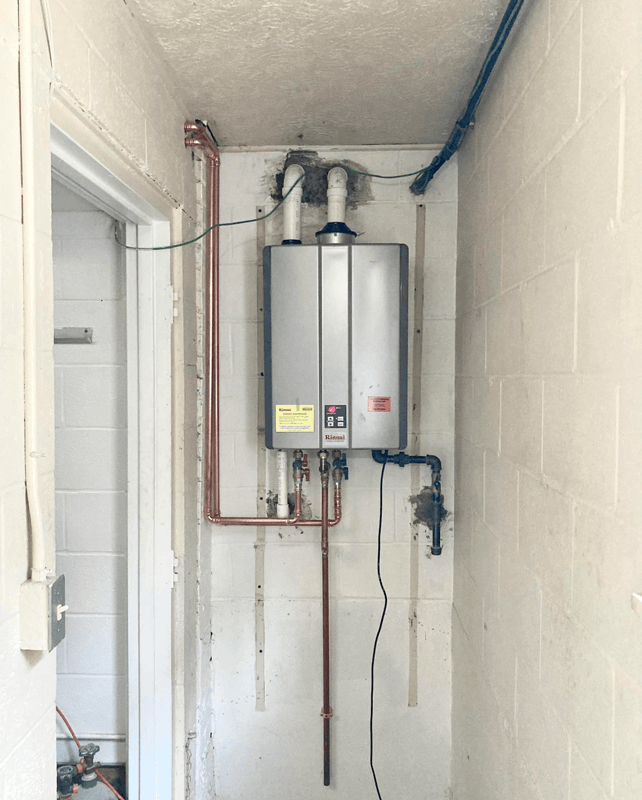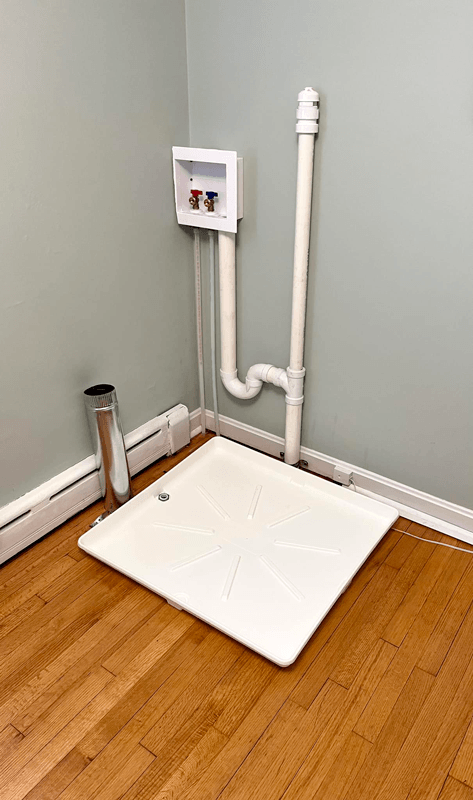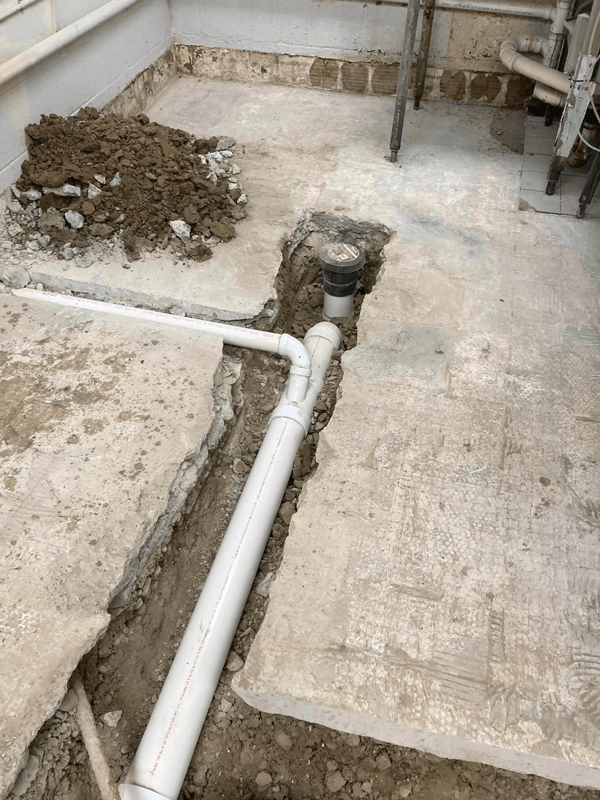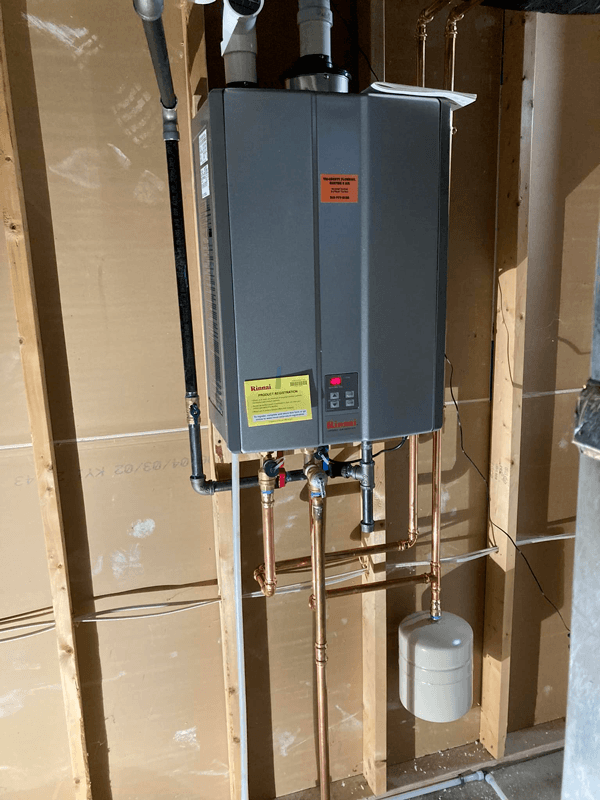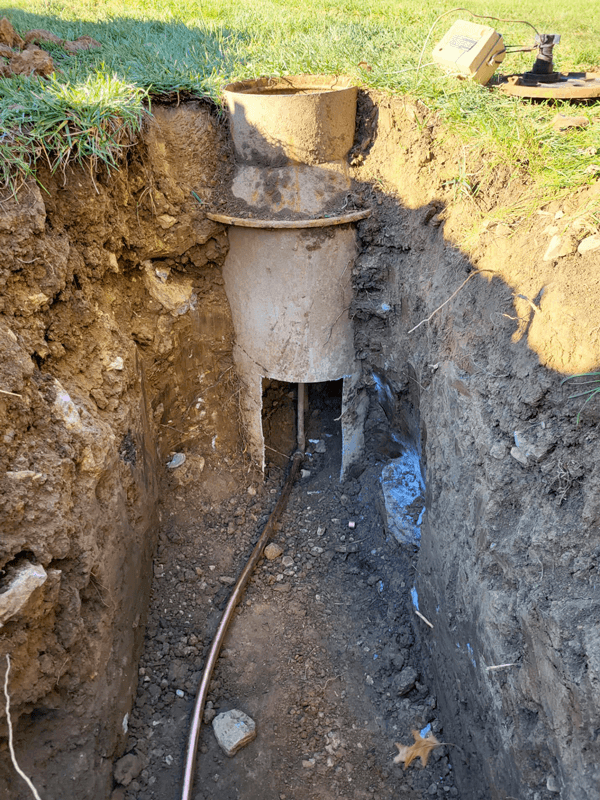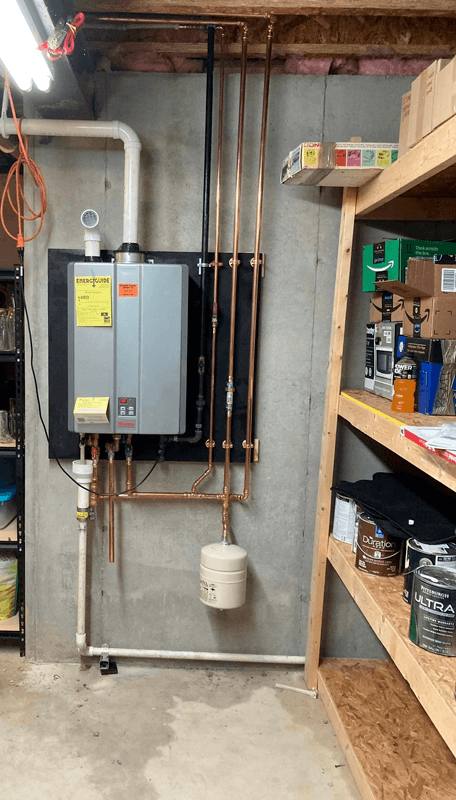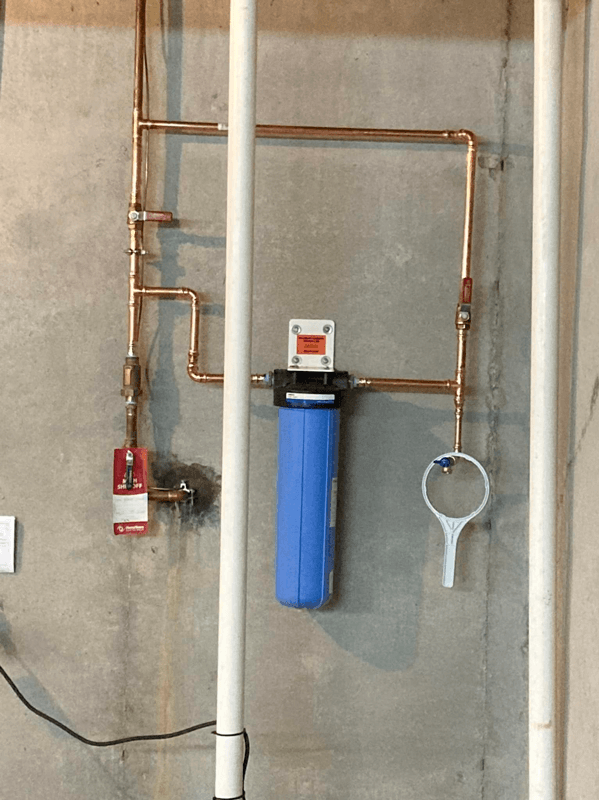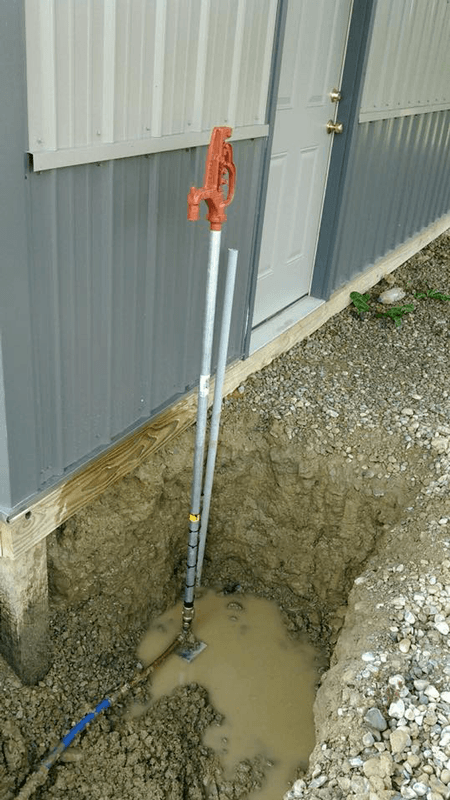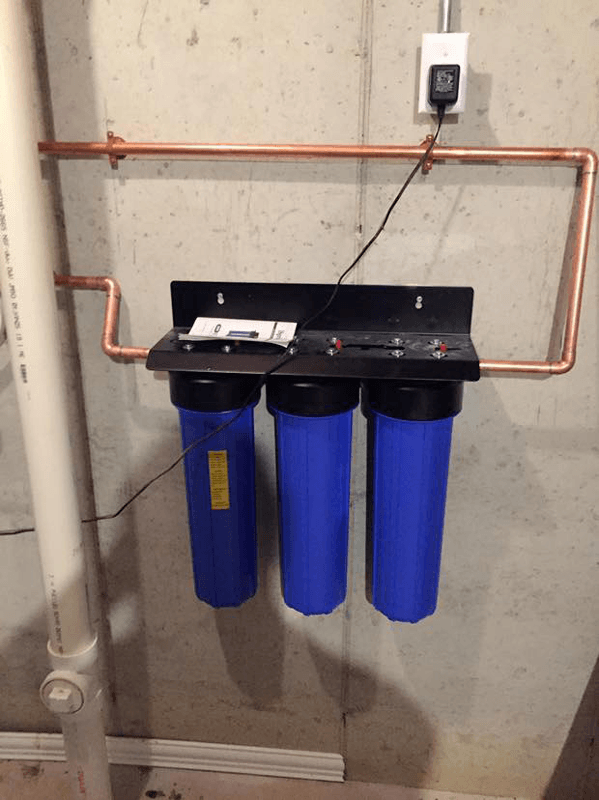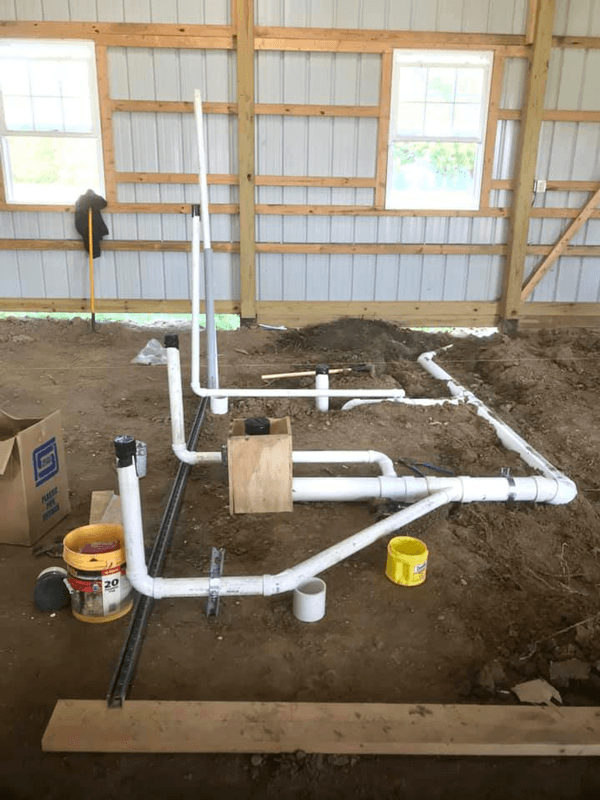Understanding Tankless Water Heaters for Your Hamilton Home
When you’re considering upgrading your water heating system in Hamilton, OH, tankless water heaters represent a significant advancement in home comfort technology. These innovative systems, also known as on-demand or instantaneous water heaters, heat water directly without the use of a storage tank. When you turn on a hot water tap, cold water travels through a pipe into the unit where either a gas burner or electric element heats the water instantly. This means you receive a continuous supply of hot water without waiting for a storage tank to fill up and heat.
The efficiency of tankless systems has made them increasingly popular throughout Butler County, Warren County, and Hamilton County. Unlike traditional tank water heaters that continuously heat and reheat water to maintain temperature, tankless units only operate when you need hot water. This on-demand functionality can reduce energy consumption by 24 to 34 percent for homes that use 41 gallons or less of hot water daily. For larger households using around 86 gallons per day, energy savings typically range from 8 to 14 percent.
Benefits of Going Tankless in Southwest Ohio
The advantages of installing a tankless water heater extend far beyond energy savings. Space efficiency stands out as a major benefit for homeowners throughout the region. Traditional water heaters with 40 to 50-gallon tanks require significant floor space, often dominating utility rooms or basements. Tankless units mount directly on walls, freeing up valuable square footage for storage or other uses. This compact design proves especially beneficial in Hamilton’s older homes where space often comes at a premium.
Longevity represents another compelling reason to consider tankless technology. While traditional tank water heaters typically last 10 to 15 years, tankless units can operate efficiently for more than 20 years with proper maintenance. At Tri-County Plumbing Heating & Air Conditioning, we’ve seen firsthand how this extended lifespan provides exceptional value for homeowners. Since expanding our services in 1999, we’ve installed countless tankless systems that continue operating at peak efficiency today. The durability stems from the absence of a storage tank, which eliminates issues like rust, corrosion, and sediment buildup that plague traditional units.
Sizing and Selection Considerations
Proper sizing remains crucial for optimal tankless water heater performance. Unlike storage tank heaters measured by gallon capacity, tankless units are rated by the maximum temperature rise possible at a given flow rate. To determine the right size for your home, we calculate your peak hot water demand by adding up the flow rates of all fixtures you might use simultaneously. In Hamilton’s climate, incoming water temperatures average around 50 degrees Fahrenheit, meaning your tankless heater needs to raise water temperature by approximately 70 degrees to reach the desired 120-degree output.
Flow rate requirements vary significantly based on household habits and fixture types. Standard showerheads use 2.5 gallons per minute, while newer low-flow models use 2.0 GPM or less. Kitchen faucets typically demand 2.2 GPM, bathroom faucets require 1.0 GPM, and washing machines need 2.0 GPM. For a family that might run two showers simultaneously while someone washes dishes, the total demand reaches 7.2 GPM. Gas-fired tankless heaters generally provide higher flow rates than electric models, making them ideal for larger households or homes with multiple bathrooms.
Installation Requirements and Considerations
Installing a tankless water heater involves several important considerations that differ from traditional tank installations. Gas models require adequate ventilation and may need upgrades to existing gas lines to accommodate higher BTU requirements. The typical residential tankless unit demands between 120,000 and 199,000 BTUs, significantly more than the 30,000 to 50,000 BTUs required by standard tank heaters. Our experienced technicians evaluate your home’s existing infrastructure to determine necessary modifications.
Electrical requirements for tankless systems also deserve careful attention. Electric tankless heaters often require upgraded electrical service, including new breakers and wiring capable of handling 150 to 200 amps. Even gas models need electrical connections for their control systems and ignition components. Founded in 1978, Tri-County Plumbing has developed extensive expertise in coordinating these multi-faceted installations, ensuring code compliance and optimal performance throughout Hamilton County.
Maintenance and Long-Term Performance
Regular maintenance ensures your tankless water heater delivers reliable performance throughout its extended lifespan. Hamilton’s water quality, with moderate hardness levels typical of southwestern Ohio, necessitates periodic descaling to prevent mineral buildup on heating elements. We recommend annual flushing for most households, though homes with particularly hard water may benefit from more frequent service. This maintenance involves circulating a descaling solution through the unit to remove calcium and lime deposits that can reduce efficiency and damage components.
Common Applications and Use Cases
Tankless water heaters excel in various residential applications throughout Hamilton. Primary whole-house systems can replace traditional tank heaters entirely, providing endless hot water for all household needs. Point-of-use installations serve specific areas, such as:
- Remote bathrooms – Eliminate long wait times for hot water in additions or finished basements
- Outdoor installations – Supply hot water for pool houses, outdoor kitchens, or detached garages
- Supplemental heating – Boost capacity during peak demand periods without replacing existing systems
- Vacation homes – Provide hot water on demand without maintaining temperature during extended absences
Making the Right Choice for Your Home
Selecting between tankless and traditional water heating involves evaluating your specific needs, usage patterns, and long-term goals. Initial investment for tankless systems typically exceeds traditional tank heaters, but reduced operating costs and extended lifespan often justify the upfront expense. Federal tax credits and utility rebates can further offset installation costs, making tankless technology increasingly accessible for Hamilton homeowners.
At Tri-County Plumbing Heating & Air Conditioning, we understand that every home presents unique challenges and opportunities. Our commitment to excellence, developed over decades of service since 1978, ensures you receive honest recommendations tailored to your specific situation. We maintain an extensive inventory of products to meet diverse needs and budgets. Whether you’re building new construction, replacing an aging system, or seeking to reduce utility costs, our team provides clear pricing and professional installation that delivers lasting satisfaction. Call us at (513) 777-2130 to explore how tankless water heating technology can enhance comfort and efficiency in your Hamilton home.






